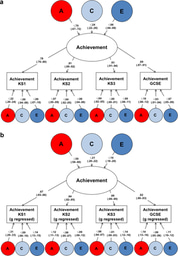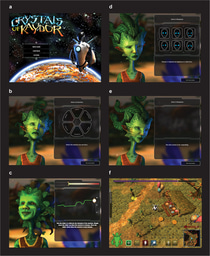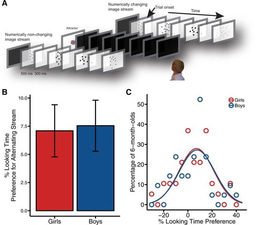Editorial Summary—The mitigating effect of repeated memory reactivations on forgetting
Published in Neuroscience

No need for total recall, remembering a part can strengthen the whole. When Hugo Lehmann and colleagues at Trent University asked volunteers how many previously seen images contained a simple feature (e.g., living object), forgetting was reduced compared to volunteers who only viewed the images. Furthermore, this benefit was akin to that of volunteers who were asked to described the images in full detail. In both cases, the reduction in forgetting was achieved with only three recall opportunities and persisted for at least 28 days, including improvements in quality and quantity. Thus, our most lasting and vivid long-term memories should be amongst those that we reactivate from time-to-time, whether in whole or in part. This may also account for why some memories are less vulnerable than others to neurodegeneration and brain injury.
This original research article is freely available in the companion journal npj Science of Learning here.
Follow the Topic
Your space to connect: The Psychedelics Hub
A new Communities’ space to connect, collaborate, and explore research on Psychotherapy, Clinical Psychology, and Neuroscience!
Continue reading announcement




Please sign in or register for FREE
If you are a registered user on Research Communities by Springer Nature, please sign in